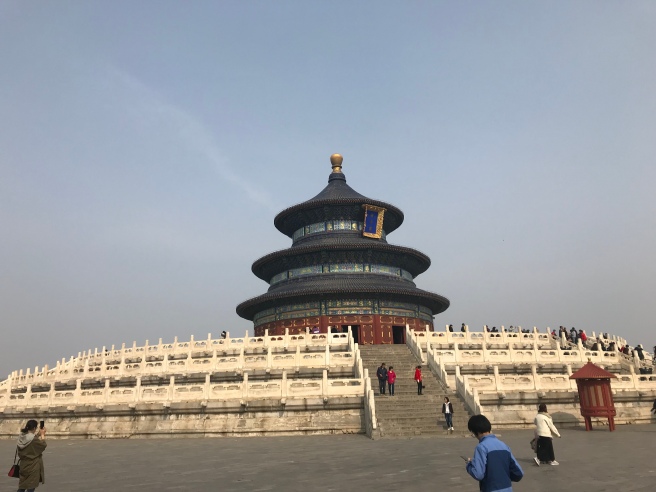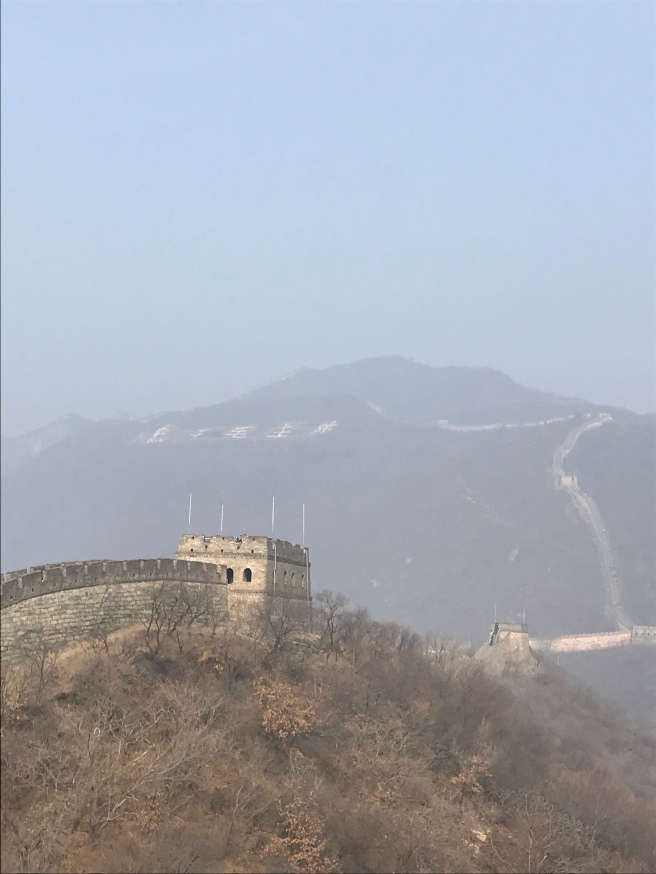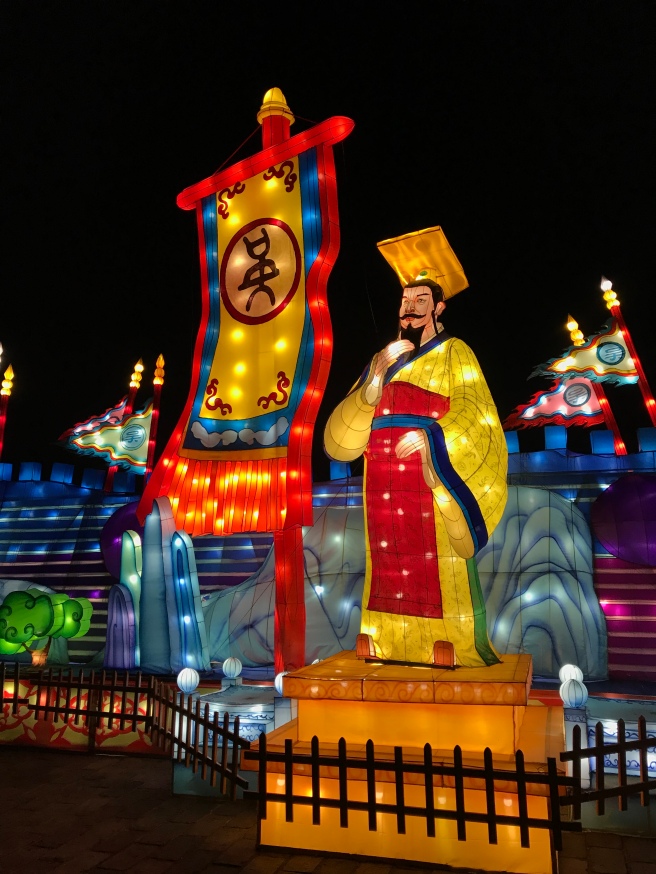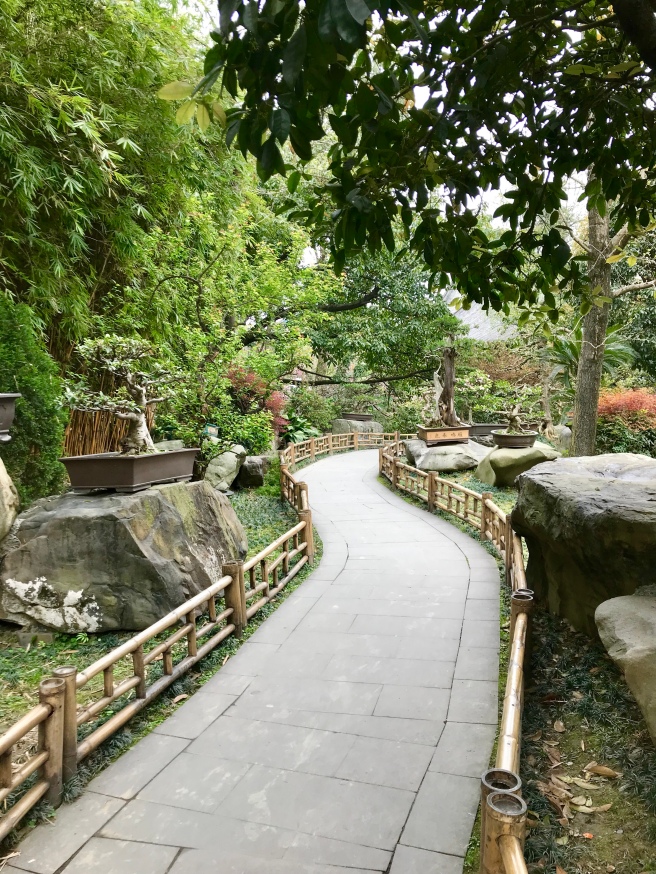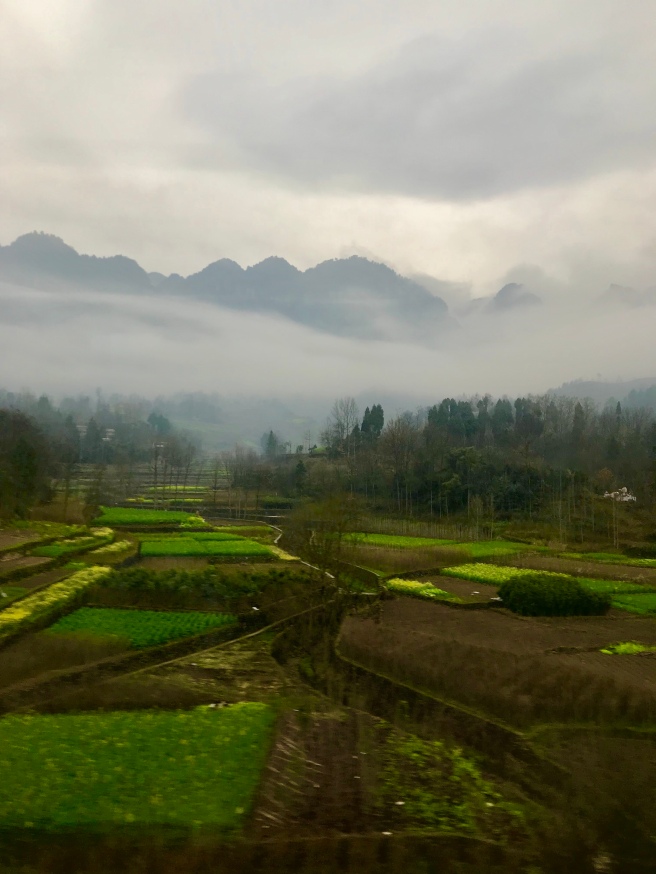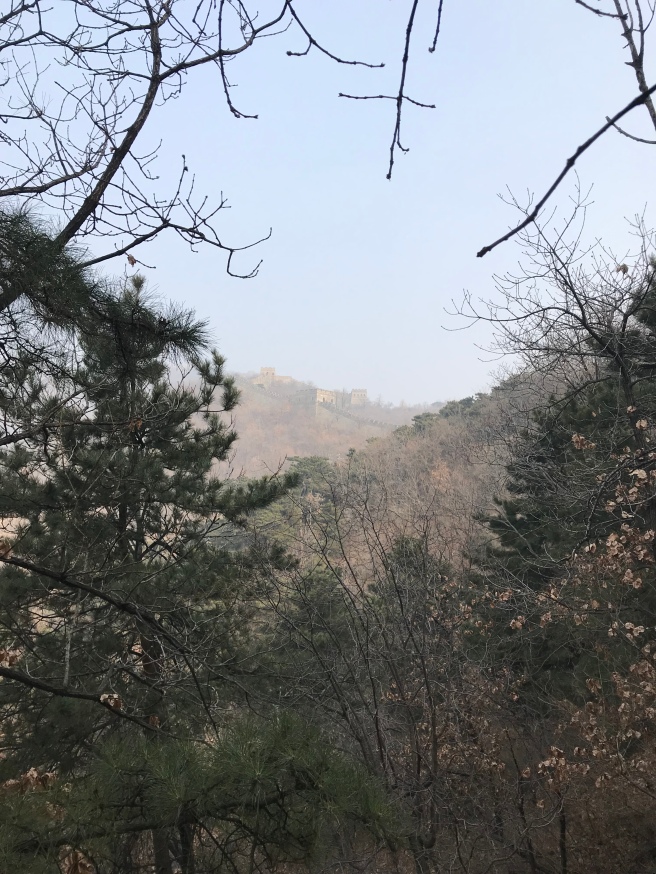In my previous post, I waxed lyrical about all the wonderful aspects of being in China. These are, of course, all true: in many ways, China has been a marvel and has opened my eyes to certain ways of seeing things, as well as providing a variety of scenery, experiences and culture unlike any other country I have visited in my travels.
However, I would be lying if I attempted to suggest that my visit to China was entirely positive, or without issue. For me, as a westerner, there have been quite a lot of elements that I might term ‘culture shock’, and I hope to detail some of them here in order to give a balanced and honest account of my time spent in China.
But first, the usual spiel – none of the following items are intended to be in any ways racist or objective. I intend them as criticisms that I have about my time travelling in China (as a solo traveller, I might add) and reflect my own cultural biases and experiences more than any sort of definitive judgement about the good and bad aspects of the country. I do not intend to label all the Chinese people as a single entity, though I may generalise for effect and efficiency. If you disagree, I welcome your feedback, though, as I say, this list is formed from my own experience.
⁃ ‘Bad’ manners: Perhaps the most immediately obvious to a foreign tourist is that what is considered to be ‘rude’ here is wildly different. Many Chinese will think nothing of pushing someone out of the way to get in front of them, chewing with their mouth open or slurping a drink, yelling loudly in a crowded public space, cutting a queue or hocking up a mass of phlegm in an almost-melodramatic manner before spitting loudly onto the pavement. I have adjusted to the majority of this over my time here, though I’m not sure I can ever manage to not wince a little when I hear someone dredging their lungs and gobbing on the floor.

⁃ Spatial awareness: this is a very personal gripe for me, and it often annoys me about westerners as much as it does when I’m in China. However, owing to the prevalence of technology available to the Chinese at their fingertips (through phones, games and wechat), many people are almost invariably gazing down into the palms of their hands as they go about their day. As such, they tend to list lazily around the pavement or walkway, bump into people and stop in the most inopportune of places while they finish their level/text/video (including places like the top of escalators, train doors, ticket barriers, road crossings and on stairwells). I’m sure they don’t mean to be rude or vindictive, though the sheer frequency with which it occurs makes my blood boil.

⁃ Food: whilst tasty and varied, the vast majority of food available in China is almost always fried, oily or incredibly spicy (and sometimes maybe all three). As a consequence, the adverse effects this diet is having on my western gut, skin and waistline are something of a concern. Admittedly, I’m not overly limited when it comes to the food available, but there are also a vanishingly small array of purely vegetarian options, not to mention the problems one might have if they had allergies (owing to the vagaries of translations). In addition, squeamish diners might well have issue with the fact that heads, entrails, feet and fat all feature quite freely and heavily in the local diets, where almost every part of an animal is used and enjoyed.

⁃ Translation issues: I will admit: I’m not fluent in Chinese. I can read a few characters and my embarrassingly small skills in the language mainly stretch to asking someone how they are and pleasantries. Nevertheless, I have found it frustratingly difficult to navigate around sometimes, as there is a general lack of transliteration. (Note: I don’t expect everything to be translated, simply written in Roman characters so that those who cannot read Mandarin Chinese have a chance of understanding.) in places like train stations, malls and information boards, transliteration seems to be somewhat hit-and-miss; sometimes available and sometimes not. I can’t imagine I’m the first person to have this problem, and while I appreciate that the national language is Chinese, there are also many people in the world (like me) who are completely unable to read the local lingo due to it being non-alphabetical. Without transliteration, therefore, problems like working out which way to go or whether a building contains a restaurant or not become somewhat magnified.

⁃ ‘Security’: although I have come to become a little less anxious about it, at first, the constant presence of police, army, security (private, civilian and volunteer), constant security checks and almost ubiquitous CCTV camera and microphone coverage is a little overwhelming. This is without mentioning the curtailing of information available to the Chinese through the government’s blocking of many news outlets, google, Instagram, Facebook, Twitter, YouTube and WhatsApp. (Yes, yes, yes – I know there are VPNs to get around these, but that’s beside the point.) All in all, I have felt a certain suspicion in China – a watchfulness – that has never let me feel completely relaxed and comfortable.

⁃ Pollution: there is no way around it – some Chinese cities are HUGE. They stretch high into the sky and spread out as far as the eye can see, sprawling monsters swallowing up the country in an effort to keep up with the demands of a population that is currently nudging on 1.5 BILLION. However, with these buildings and roads and expressways comes an awful lot of pollution; sometimes nothing more than a haze, restricting views and blotting out the blue of the sky, though sometimes a lingering, festering smog that makes it hard to breathe and, no doubt, causing respiratory misery for millions upon millions of Chinese civilians. The Chinese government is taking steps to combat this – investing in renewable energy, limiting access to motorised vehicles and promoting recycling – though sometimes it seems like too little, too late.


On balance, then, would I recommend China for a visit? My answer is yes – things I found difficult were, primarily, because I wasn’t prepared for them. However, knowing the extent of the culture shock you may face might help to relieve the negatives. Alternatively, take a friend/partner/stuffed toy to moan to when you (inevitably) have a ‘China moment’.









